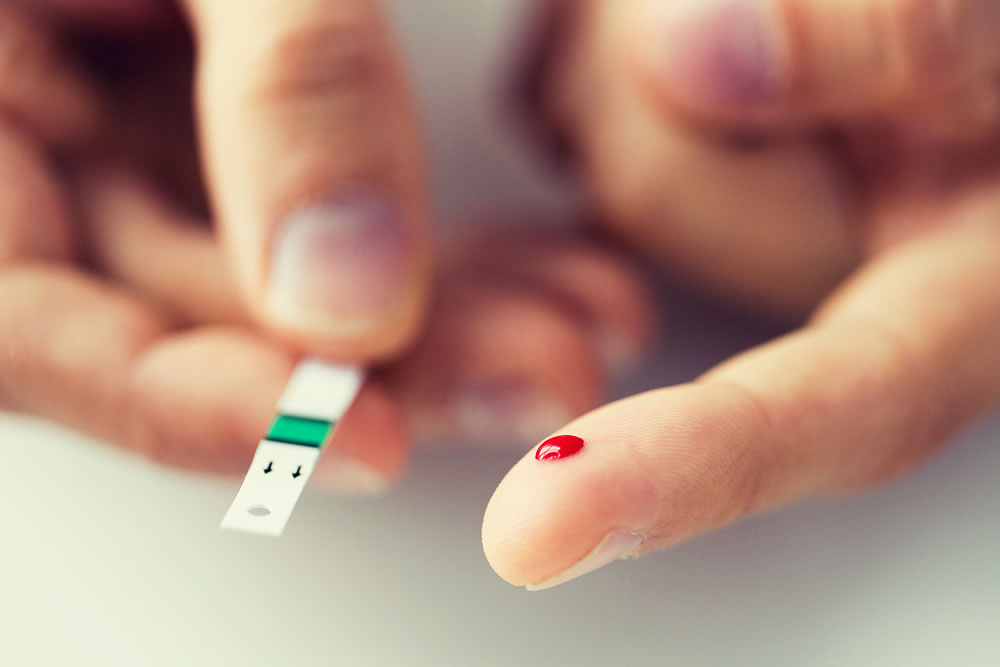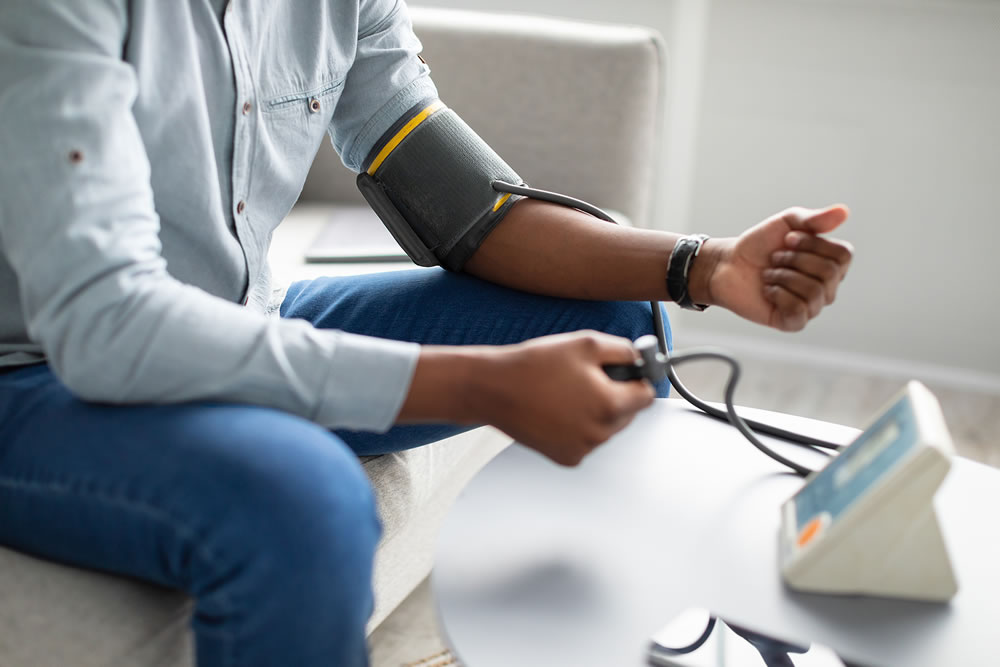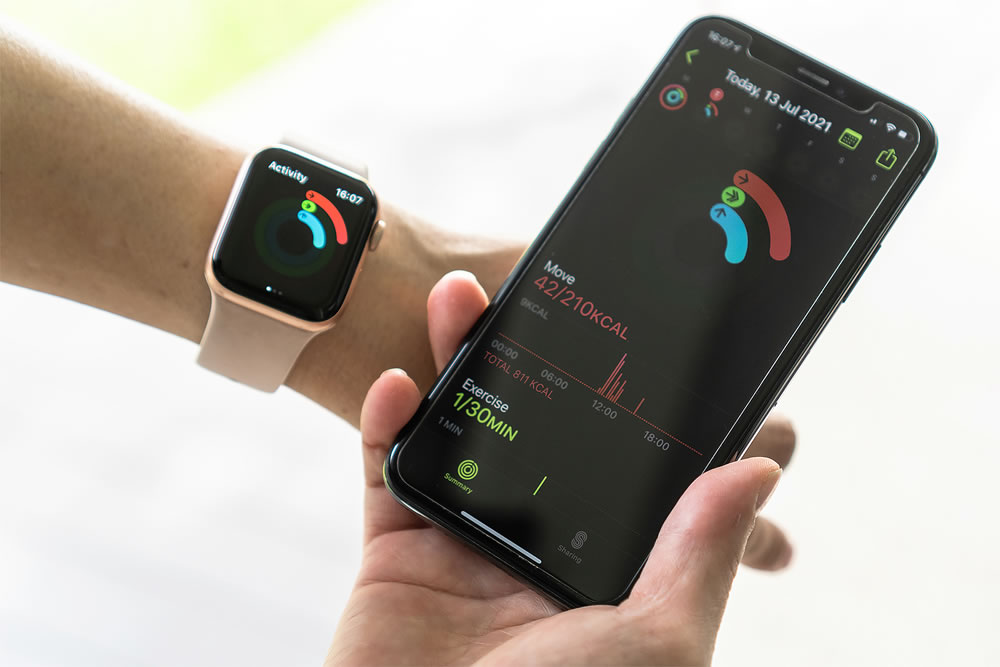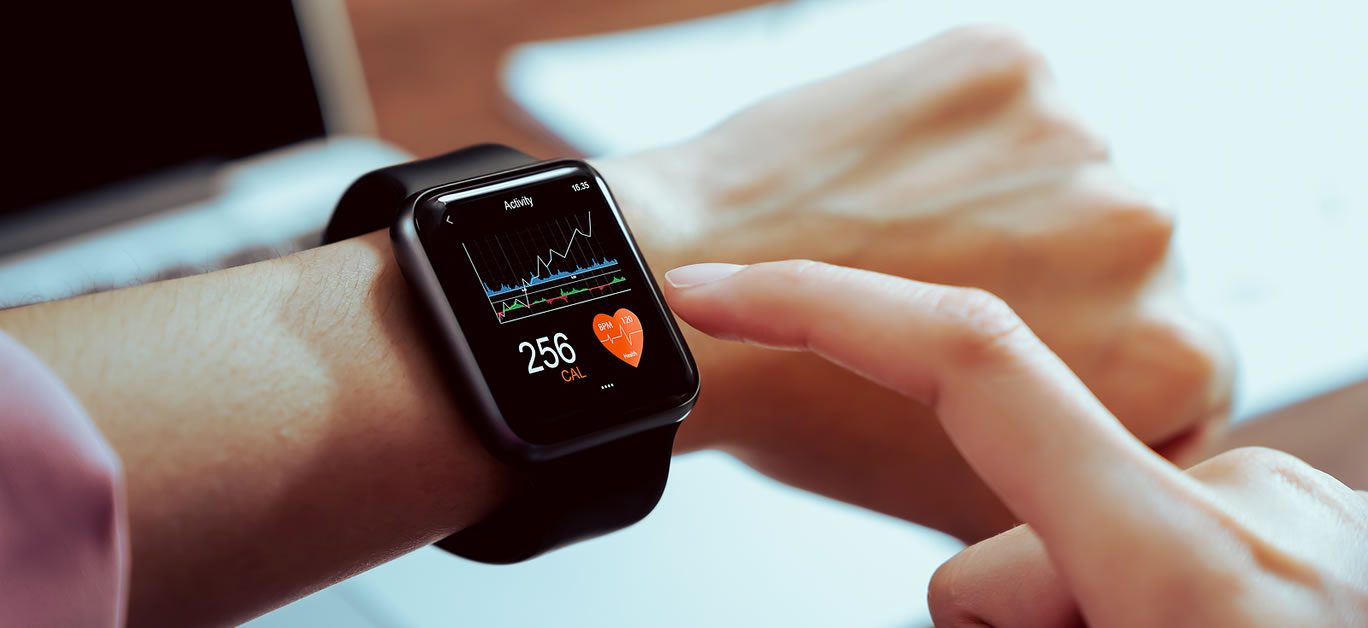Over the past 18 months, health has been a prominent topic thanks to the ongoing global pandemic – with many of us placing ourselves under the microscope more than ever in a bid to keep track of any potential concerns so that we can address them as soon as they arise.
Not only that, but we’re also upping the ante when it comes to nutrition, natural remedies and exercise in a bid to keep illness and ailments at bay, with unhealthy lockdown lifestyles swapped swiftly for increased levels of activity and a greater focus on vitamins, minerals and macronutrients along with homeopathic remedies and herbs. And with mental health coming under an increased strain in the wake of recent events, wellness has taken centre stage, with our appetite for mindfulness, meditation and yoga at an all-time high.
There’s no denying that in 2021, we’re taking matters into our own hands when it comes to health, and taking a more holistic approach than ever to achieve balance. Here, we take a look at three of the biggest trends in self-monitoring of the year so far – and we can expect each of them to continue growing into 2022 and beyond.
At home blood tests

With a reluctance to visit GP surgeries at the height of the pandemic, it’s perhaps no surprise than many of us turned to taking our blood tests at home, and with a number of providers now offering everything from general health to full thyroid and hormone panels, it’s easier to keep on top of your health.
With home Covid tests becoming a part of our lives over the past year, it seems we are more comfortable with the idea of home monitoring through self-testing than before. With blood tests often difficult to obtain without a specific reason from your doctor, home blood tests provide a reliable way to keep an eye on your statistics and spot any potential issues before they arise – should anything of concern be highlighted, you can take the results to your GP and have them confirm the findings in order to receive any necessary treatment.
It’s easy enough to find high-quality lab supplies online these days, and most home blood tests can be completed simply by pricking a finger using the materials provided and collecting a small blood sample in a test tube. Then, you simply send it off to be analysed and can expect to receive your results within 48 hours.
Home blood pressure monitoring

Blood pressure monitoring at home is not unusual for those with consistently high blood pressure or conditions that put them at risk, but over the past 18 months we’ve seen the practice go mainstream. Rather than booking a face-to-face appointment, an increasing number of individuals are investing in monitors so that they can take readings periodically – and with the added stress and anxiety brought on by the pandemic, it seems to be a wise decision.
By keeping a log of the readings and measurements, those with existing conditions can track how well any medications they take are working and report results back to their GPs. And for those who are simply seeking to have greater insight into their overall health, tracking patterns over time can be helpful when it comes to receiving an official diagnosis should results point to a related condition.
Health trackers and apps

Apps like Apple Health have taken off over recent years, and with fitness watches like Fitbit and Garmin continuing to enjoy immense popularity, the associated apps now have more registered users than ever before.
While fitness trackers have long been useful for the monitoring of daily steps and calories burned, a new generation is offering a more comprehensive package which includes insight into your sleeping patterns and the ability to monitor your heart rate during both exercise and rest, as well as issuing personal health reports via their connected apps that users can show to their GPs at check-ups.
It’s not just our physical health we’re more concerned with, and with the past eighteen months having taken a toll on our mental health and wellbeing, we’re seeking out new solutions to help us keep stress and anxiety symptoms under control and maintain a sense of balance. Today’s trackers help us to do just that, and now you can enjoy a personalised meditation, mindfulness or breathwork session alongside your daily workouts, too, all of which will be logged and recorded to assess your overall health scores from a holistic perspective.






















